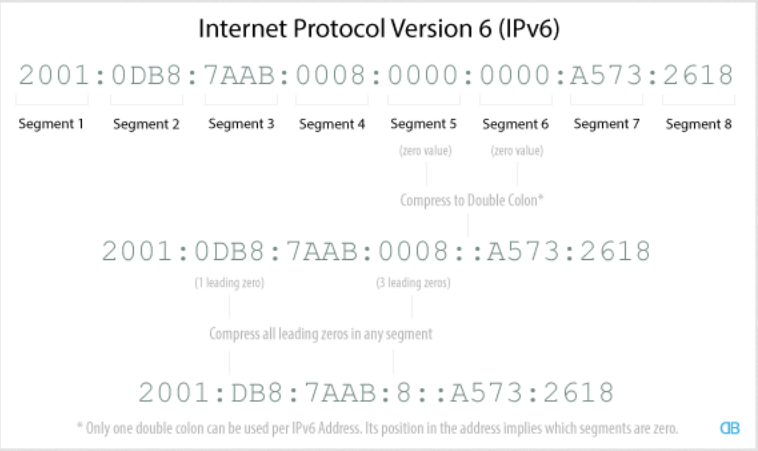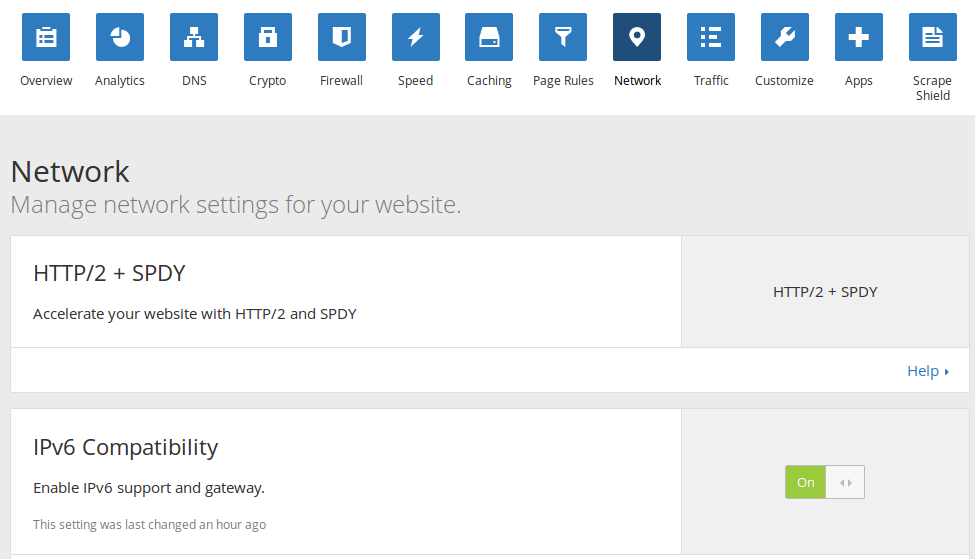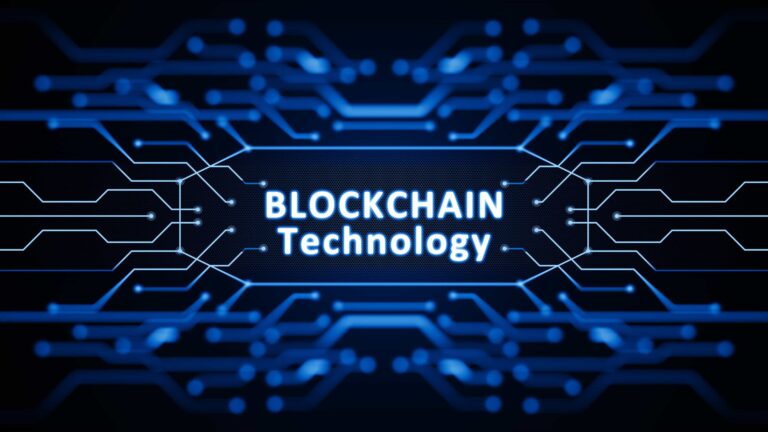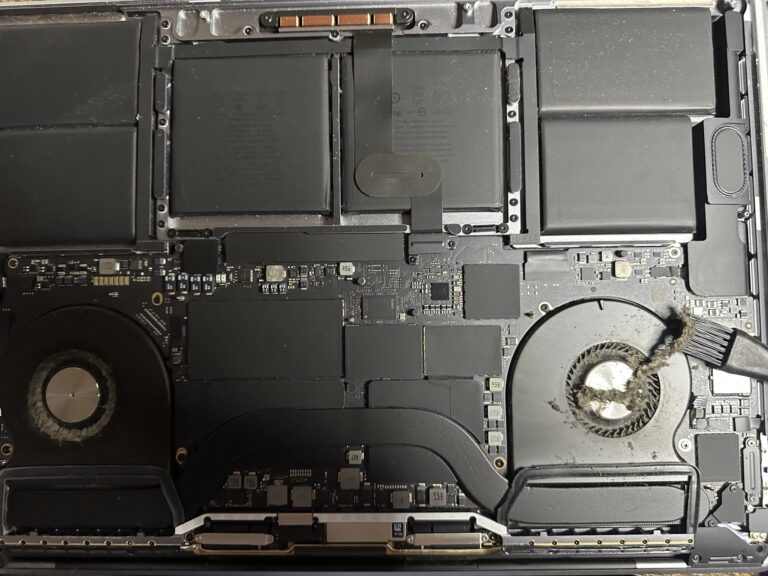Validated by IPV6-test.com, Tunnelix.com is now IPV6 ready. Woohoo.. I now have the IPv6 validation button 🙂 Can you spot it?
So, what is exactly IPV6-test.com? IPv6-test.com is a free service that checks your IPv6 and IPv4 connectivity and speed. Diagnose connection problems, discover which address(es) you are currently using to browse the Internet, and what is your browser’s protocol of choice when both v6 and v4 are available.
How I got an IPv6 address?
If you are running a low-cost budget blog, I would recommend you to try out Cloudflare to have made maximum use of the free IPV6 address that you can activate on the network tab. The IPv6 compatibility option is not activated by default.
Cloudflare provide both free and paid service for CDN service, security, DDOS protection etc… However, the IPv6 address is a free one.
Why you might need to start moving towards IPv6 ?
Loganaden Velvindron of cyberstorm.mu recently shed some light in his Medium blog after attending the National Innovation Framework in Mauritius “The other issue that I think is strongly lacking are the remaining IPv4 resources left in our region to be able to make Internet of things a reality. There are currently 26.4 million of IPv4 addresses left, and it keeps shrinking at a frightening rate.” The world is running out of IPv4 addresses. I think we need to move on quickly on the IPv6 world because of Internet of Things (IoT) will depend on IPv6.
What is an IPv6? What are the parts of an IPv6 ?
Lets now get on the technical parts. As you should know already IPv4 use 32 bits infrastructure whilst an IPv6 use 128-bits which makes an IPv6 a lot more longer. Here is an idea of a representation of an IPv6 adress.

As you can see IPv6 address is composed of 8 segments of 4 hexadecimal strings. A simple math is by multiplying 8×4=32 then 32×4= 128 bits. When representing IPv6 addresses, zeroes are compressed and leading zeroes are further compressed by representing it with “: :” . See picture above.
The internet might run out of room
Since 2012, Vint Cerf, Chief Internet Evangelist at Google, and a founding father of the Internet, discussed the next version of the Internet, IPv6, and why we need it. Just as phones use a system of phone numbers in order to place calls, every Internet-connected device gets a unique number known as an “IP address” that connects it to the global online network. Watch out the video












+ There are no comments
Add yours